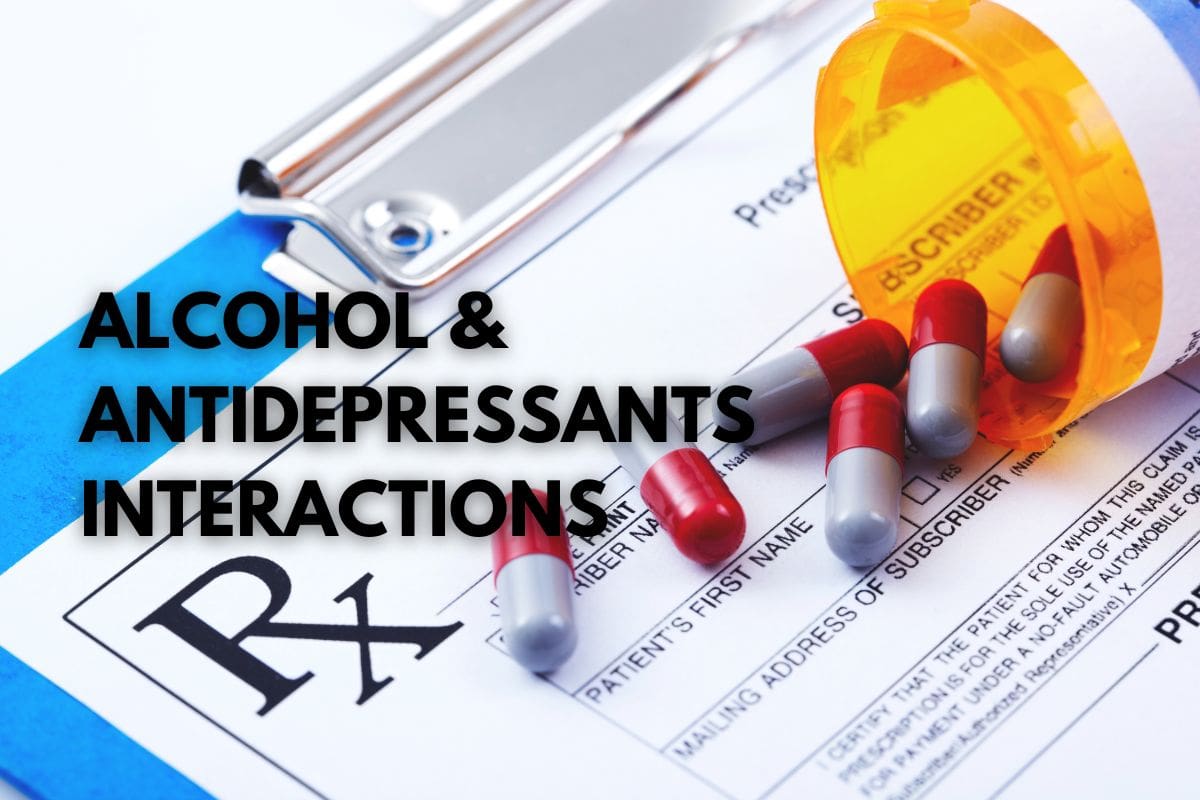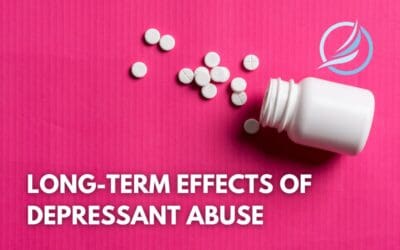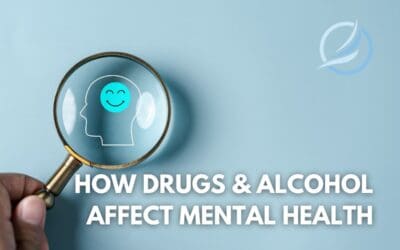If you’re taking an antidepressant, it’s important to understand the risks of combining alcohol with this medication. Alcohol is a depressant, so mixing it with antidepressants can make you feel worse. You may have more side effects from your antidepressants when drinking alcohol and be at higher risk for other health problems such as liver damage or other serious illness.
The Dangers of Mixing Alcohol and Antidepressants
Alcohol interacts with antidepressants because both depressants slow down brain activity. Antidepressants combined with alcohol can have potentially dangerous and even fatal consequences, with rapid onset of dizziness, loss of control, memory loss, and potential overdose. Alcohol takes longer to have an effect than antidepressants, but once they start working together, they may cause more serious side effects than either medication would cause on its own.
- Alcohol can cause low blood pressure and a drop in heart rate. If you’re taking an antidepressant that lowers blood pressure, drinking alcohol could exacerbate this effect.
- Alcohol will decrease the effects of antidepressants. Drinking while taking an antidepressant may make you feel more depressed or anxious than usual or cause symptoms like shakiness or restlessness to worsen.
- Side effects may be worse. Many medications can have severe side effects when combined with alcohol, including antidepressants. Side effects of these medications may worsen if you take these drugs with alcohol.
- Dangerous reactions. When combined with certain alcoholic beverages and foods, antidepressants can cause a dangerous spike in blood pressure. Some side effects include nausea and vomiting, loss of coordination, drowsiness, fatigue or weakness, and trouble breathing.
- Your alertness may be impaired. Combining antidepressants and alcohol will affect your motor skills, coordination, and judgment more than alcohol alone. Some combinations may make you sleepy, impairing your ability to provide or perform other tasks that require your attention.
How Alcohol Affects People With Depression
If you’re already taking an antidepressant to manage depressive symptoms, consider how alcohol affects you. Although you might feel a slight improvement, drinking alcohol can worsen depression and anxiety in the long term.
Drinking alcohol is often a coping mechanism for depression, but it can lead to a substance abuse problem if not addressed.
Not to mention, people with depression commonly struggle with sleep problems. Alcohol can worsen sleep quality and length. Drinking in excess can lead to insomnia, prevent you from entering deep sleep, and even contribute to sleep apnea.
In most cases, people with depression are often recommended to avoid alcohol consumption altogether because of the way alcohol affects them.
When Is It Okay to Drink Alcohol While Taking Antidepressants?
Drinking alcohol will not affect how antidepressants work, but combining alcohol with antidepressants may cause an antidepressant to work less effectively. In addition, the use of alcohol by people with severe depression is associated with poorer treatment outcomes.
However, the impact of having an occasional drink while taking antidepressants depends on your situation. Discuss drinking on occasion with your doctor. Tell your doctor about other conditions and medications you take, including over-the-counter medications or supplements.
Furthermore, alcohol tolerance varies from person to person. But some groups are more likely to be affected by combining alcohol with antidepressants. For example, people ages 60 and above and women are at higher risk of drinking alcohol.
What Common Medications Shouldn’t I Mix With Alcohol?
Mixing alcohol with certain medications can cause nausea and vomiting, headaches, drowsiness, fainting, or loss of coordination. It also can put you at risk for internal bleeding, heart problems, and difficulties in breathing.
There’s always a risk associated with drinking alcohol whenever you’re also taking any of these common medications:
- Painkillers
- Anti-anxiety or sleeping pills
- Antidepressants
- ADHD medications
- Antibiotics
- Blood pressure drugs
- Diabetes medications
- Coumadin
- OTC cold and flu treatment
- Erectile dysfunction medications
Alcohol can make these medications less effective and toxic to your body. Like with antidepressants, the presence of alcohol can worsen side effects and cause new symptoms that can be uncomfortable and dangerous. If you’re ever prescribed these medications, try abstaining from alcohol until you complete your treatment.
Bottom Line
Overall, mixing antidepressants with alcohol can be unsafe. The aftermath of this combination can result in dangerous consequences and lead to complicated health problems in the future.
To prevent problems, it’s important not to drink alcohol while taking antidepressants. Talk to your doctor if you are concerned about mixing alcohol and prescribed medications. Your healthcare provider will be able to help you figure out if there is an alternative treatment that can meet your needs without creating these risks for side effects or interactions with other drugs.


































